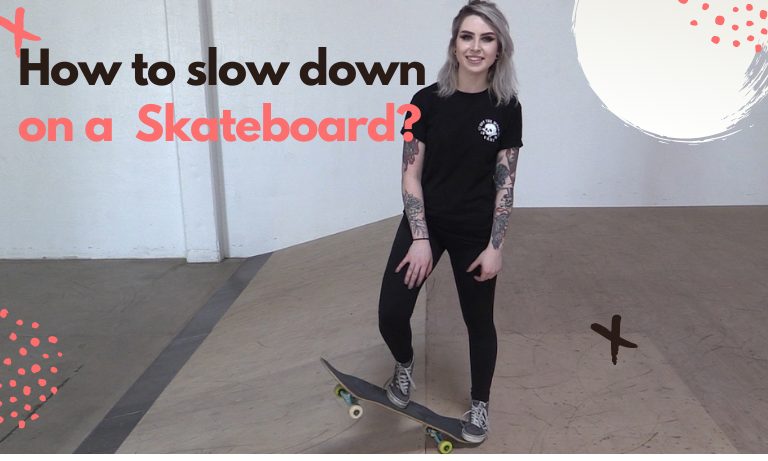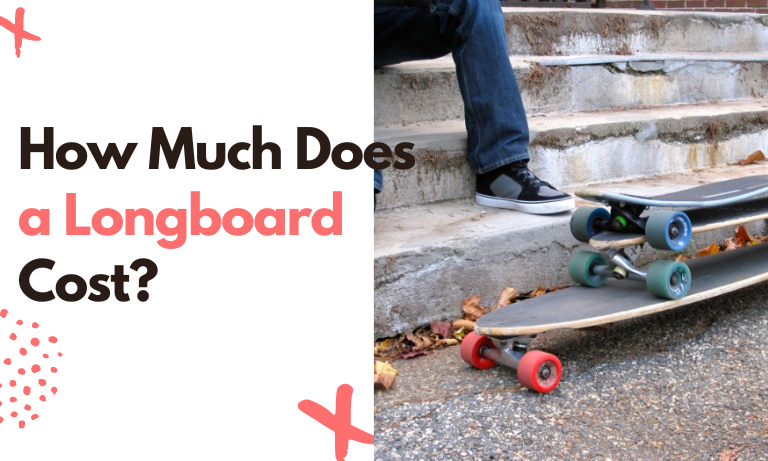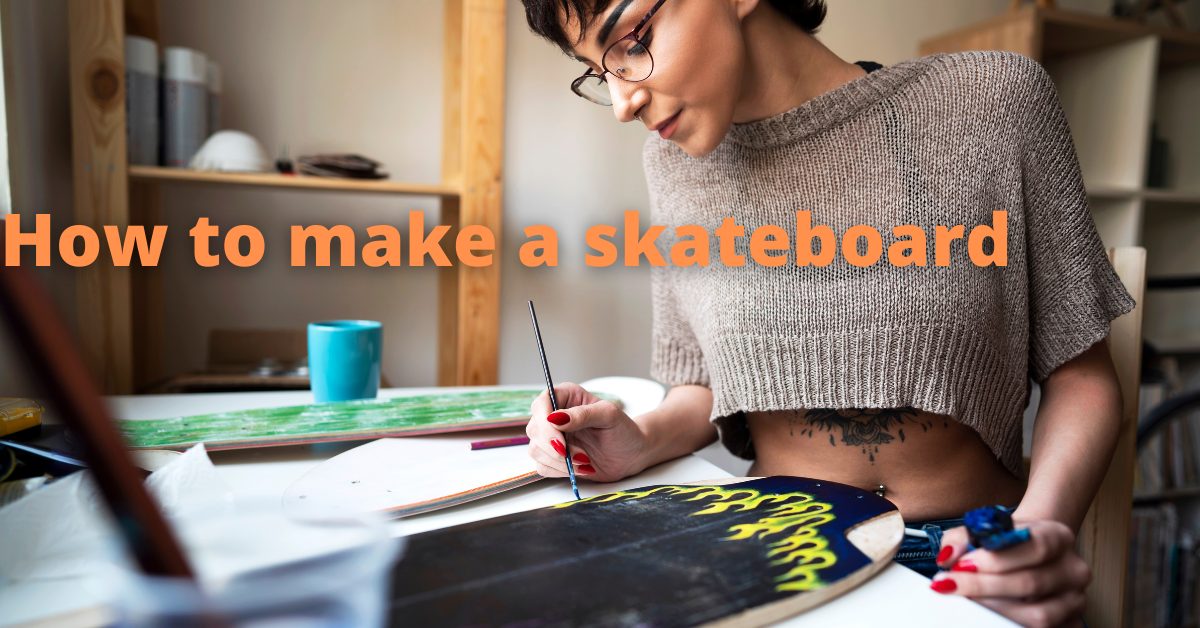Is Skateboarding Hard to Learn in 2024 ?| Beginners Guide
Many people believe that skateboarding is difficult to learn, but this simply isn’t the case. Let’s Discover the truth Is Skateboarding Hard to Learn? Uncover the challenges and rewards of mastering this exhilarating sport. Get expert insights and tips to kick-start your skateboarding journey today! Skateboarding is a skill that can be learned by people of all ages and abilities. The key to learning how to skateboard is to start with the basics and then build on those skills.
Once you have mastered the basics, you will be able to progress to more difficult tricks and techniques. The best way to learn how to skateboard is to take lessons from a qualified instructor. However, you can also learn by watching videos or reading books about skateboarding. With a little practice, anyone can learn how to skateboard.
It takes years to become a pro skater, but you can learn many skateboard tricks right now. Give yourself the best possible start by using good, reliable equipment and getting tips from people with more experience than you.
When you’re just starting out, it’s best to practice in an open area with plenty of room to move around. Try to find a spot that has a smooth surface, like a driveway or parking lot.
Get a board that suits your interests:
Many people think that longboards are better for skateboarding, but it depends on your level of skill. If you’re just starting out, it’s best to stick with a smaller board (7 or 7 1/4 inches wide) since they are easier to control. As you get better, you can switch to a larger board. Moreover, choose a board that has the right kind of trucks for your height and weight.
Keep in mind that the front truck should have a loose kingpin so it is easy to turn. The back truck should be tightened up enough that it won’t slip out when you pop ollies or attempt any other tricks. The trucks should have bushings in them if you’re a beginner, and the wheels should be soft. The best way to get a good skateboard is to buy one from a reputable company or at least find out the skateboard deck size and components you are getting with your board.
Get a pair of good skate shoes.
You may be tempted to buy a cheap pair of running shoes and call it good, but these won’t give you the same kind of support as skateboarding shoes. Skate shoes are often made out of thinner material than other types of athletic footwear, so they’re lighter on your feet and allow you to feel the board more easily. Some companies make shoes specifically for skateboarding, but any good athletic shoe will work.
Always wear protective gear and a helmet
The number one thing you can do to make your learning experience safer is to wear protection. This means a good-fitting helmet, wrist guards (if you don’t know how to fall properly), knee pads, and elbow pads. If you don’t have any of this equipment, borrow or rent it until you learn the basics.
Inspect your skateboard
It’s a good idea to take apart your board and inspect it before you start using it. Look for cracks or dents in the deck (the wooden board) or bolts, and make sure all of the bolts are tight. If there is any noticeable damage to either your skateboard deck or your equipment, take it back to where you bought it and exchange it for a new one.
Don’t be embarrassed about falling.
It’s good to think of falling as part of the learning process. You’ll probably fall a few times when you’re just getting started, and that’s okay. Just dust yourself off and get back on the board again. Once you learn how to do some tricks, though, it becomes easier to avoid falls completely.
Fear is normal, skate with confidence
When you’re just starting out, it can be scary to try some of the more advanced tricks. But if you remember to skate with confidence, you’ll be able to overcome your fears. Just take your time and practice in a safe environment until you feel comfortable trying new things.
Don’t skateboard in the rain.
The best time to skateboard is when the weather is nice and dry. If it’s raining, the concrete surface of the road or sidewalk will be wet and slippery. You can fall easily while trying out new tricks or going for speed, which could result in serious injury.
When you start skating in rain, take extra care not to hit slippery surfaces. You should also avoid wearing suede shoes or any other type of shoe that won’t provide a good grip on the wet ground.
Find a good place to skate.
If you try to skateboard in a crowded area, you might have trouble finding your balance and avoiding collisions. Although skateboarding is an exciting activity, it’s not very practical on crowded roads or sidewalks. So find a wide-open space where there aren’t as many people to watch you fall.
Respect the culture and skateboarding etiquette.
Skateboarding is not the same as rollerblading or bicycling, so approach it with an open mind. Don’t show up at a spot (a place where skateboarders gather) and make fun of other skaters who are there to practice their tricks. This is pretty rude and will likely come back to haunt you when they’re all better than you are.
Avoid crowded places
When you’re starting out, it can be tough to avoid crowds. Most people don’t know much about skateboarding, so they will look at you funny when you do something new. Avoid crowded areas if possible, and try to pick an area that’s separated from the main flow of traffic or pedestrians.
Don’t copy other skaters.
It’s important to realize that everyone learns at their own pace and tries tricks in their own way. So don’t try to copy other skaters, especially if they’re better than you are. You’ll just end up getting frustrated and maybe injured. Practice new tricks in a safe environment until you feel comfortable trying them out for yourself.
Don’t neglect safety precautions.
It’s unlikely that you’ll ever get seriously injured while skateboarding, but accidents can happen. So it’s always best to practice safe skating habits and avoid doing anything too dangerous. If you do something wrong, like turning around out of control, your instinct will be to try to stop yourself by putting your hand down. This can easily lead to a wrist injury.
Don’t expect to learn it in a day.
Skateboarding is a challenging activity, and it’s not going to be easy to learn everything in a day. In fact, you might fall a few times before you even start getting the hang of it. Be patient and keep practicing – eventually, you’ll get the hang of it.
Be careful with your equipment
Your best pop skateboard is an important piece of equipment, so be careful not to damage it. Don’t leave your skateboard out in the sun or in extreme temperatures, and always make sure the bearings are well-lubricated. If you’re not going to be using your skateboard for a while, store it in a cool, dry place.
Video Guide
Conclusion
Is skateboarding hard to learn? No, skateboarding is a fun, exciting activity that’s also very challenging. It can also be pretty dangerous, so it’s important to know how to do it safely. Sometimes you might feel afraid or nervous when trying out new tricks for the first time – but if you’re feeling fearful, just remember that everyone else started out this way too. It takes a lot of time and energy to figure out how to do things properly, but it’s worth it – skateboarding is an awesome activity.
Questions Related to: Is Skateboarding Hard to Learn?
How many years does it take to learn skateboarding?
If you are un-athletic with poor equalizer, skateboarding may take a bit longer for you to understand. We are all different and learn skills at our own pace. What is this? Typically it takes at least 12 months to 3 years to become reasonable at skateboarding.
Can I learn skateboarding on my own?
Skateboarding is considered a harsh mark, albeit certainly one of the most unrestricted and popular ones. Most people teach themselves to skateboard through technique and supervising others. You can learn to balance, push, fall, and do simple tricks without hiring someone to teach you.
What should I do before skateboarding?
You should warm up before skateboarding by doing busy stretches and small exercises that help warm the muscles. Any muscle used when skating should be warmed up beforehand. This will help stop injury and can prolong your skating career.







